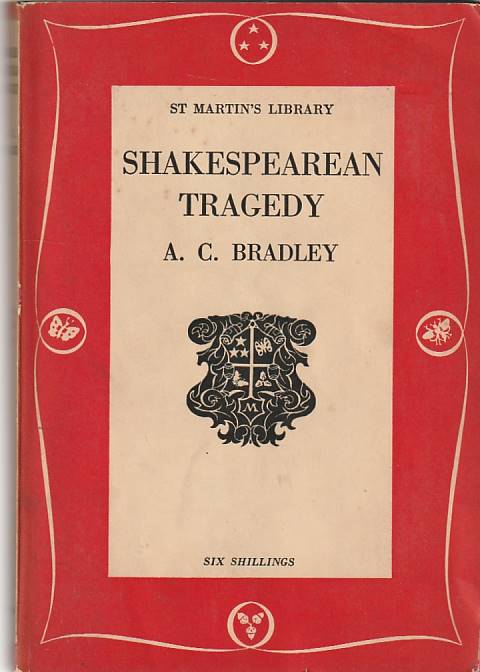
A.C. Bradley put Shakespeare on the map for generations of readers and students for whom the plays might not otherwise have become "real" at all' writes John Bayley in his foreword to this edition of Shakespearean Tragedy: Lectures on Hamlet, Othello, King Lear and Macbeth.
Approaching the tragedies as drama, wondering about their characters as he might have wondered about people in novels or in life, Bradley is one of the most liberating in the line of distinguished Shakespeare critics. His acute yet undogmatic and almost conversational critical method has―despite fluctuations in fashion―remained enduringly popular and influential. For, as John Bayley observes, these lectures give us a true and exhilarating sense of 'the tragedies joining up with life, with all our lives; leading us into a perspective of possibilities that stretch forward and back in time, and in our total awareness of things.
 €6
€6
A.C. Bradley put Shakespeare on the map for generations of readers and students for whom the plays might not otherwise have become "real" at all' writes John Bayley in his foreword to this edition of Shakespearean Tragedy: Lectures on Hamlet, Othello, King Lear and Macbeth.
Approaching the tragedies as drama, wondering about their characters as he might have wondered about people in novels or in life, Bradley is one of the most liberating in the line of distinguished Shakespeare critics. His acute yet undogmatic and almost conversational critical method has―despite fluctuations in fashion―remained enduringly popular and influential. For, as John Bayley observes, these lectures give us a true and exhilarating sense of 'the tragedies joining up with life, with all our lives; leading us into a perspective of possibilities that stretch forward and back in time, and in our total awareness of things.